Delivery of a major new project to develop and trial shared electric vehicle (EV) charging models for high-mileage fleets in London has got underway.
The project, part of a global effort by C40 and Uber to increase charging access for more than 55,000 drivers in London, Boston, and Phoenix, involves Cenex supporting the development of three real-world charging pilots in London.
The 24-month pilot, which is scheduled to conclude in 2027, also includes a 12-month period for ongoing pilot support and data analysis.
It will investigate how charging infrastructure can be shared among various operators, including taxi drivers, delivery fleets, and essential service providers.
Sadiq Khan, Mayor of London and co-chair of C40 Cities, said: “Whether it’s our emergency services, taxis, private hire, delivery vans, or any of the other essential transport moving through the city daily, we know that increasing the number of zero emission vehicles will result in cleaner air and fewer emissions.
“Projects like this, which offers quicker and easier charging, will help more drivers make the switch to electric vehicles, as we build a fairer, greener London for everyone.”
The London shared charging trials come after First Bus opened up its EV charging infrastructure to the public for the first time in July, and officially launched ‘First Charge’, the new identity for its growing, shared-charging initiative.
The programme, which includes 15 First Bus depots in Scotland and England, is designed to open up First Bus’ infrastructure to support the transition to net zero for businesses, fleet operators, and the wider public.
The bus operator announced a partnership with Paua in May, for the launch of Paua Share – a shared depot charging service developed off the back of an Innovate UK project, which was funded by the Department for Transport (DfT).
The London pilot builds on Cenex’ previous work on shared charging models as part of the Innovate UK project involving Paua, as well as experience in supporting London boroughs, emergency fleets, and infrastructure providers in advancing zero emission mobility.
Juliette Kariuki-Cobbett, project lead at Cenex, said: “We are delighted to be supporting this project in London, working closely with the GLA and as part of the C40 Cities and Uber initiative.
“This project will explore the opportunities, challenges, and best practices for the shared use of electric vehicle charging infrastructure for high mileage vehicle fleets in London, including supporting the set up of three pilots and monitoring their success.
“Facilitating the sharing of existing charging assets will be a key step in accelerating the electrification of high-mileage fleets, demonstrating a scalable solution for London and other global cities.”
Mark Watts, executive director at C40, added: “Ensuring that charging infrastructure is accessible means people living in cities can reap the benefits in terms of cleaner air and quieter streets, while making it easier for the highest-mileage drivers to switch to electric which will make a significant contribution to cutting carbon emissions in our cities.”
Cenex was established as the UK’s first Centre of Excellence for Low Carbon and Fuel Cell technologies in 2005.
Today, it focuses on low emission transport and associated energy infrastructure, operating as an independent, not-for-profit, research and technology organisation, and consultancy, specialising in the project delivery, innovation support and market development.
C40 is a network of nearly 100 mayors of the world’s leading cities working to deliver action to confront the climate crisis.

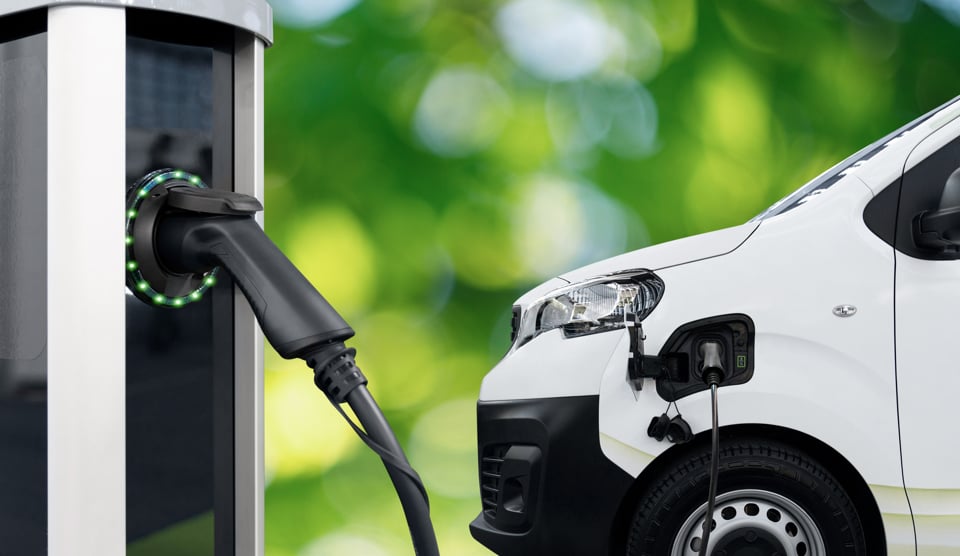




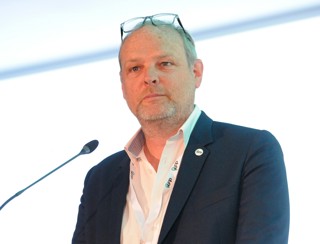
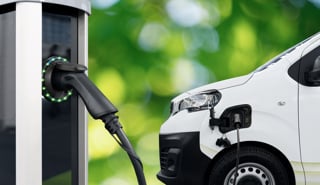
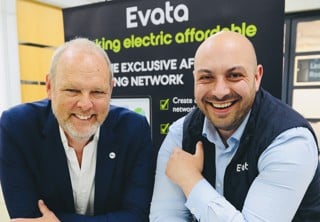
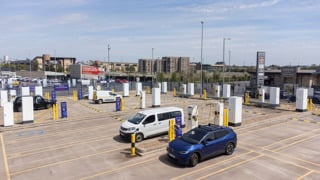
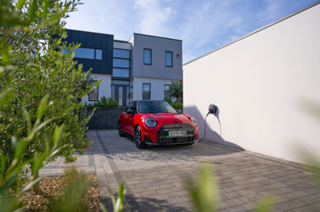












Login to comment
Comments
No comments have been made yet.